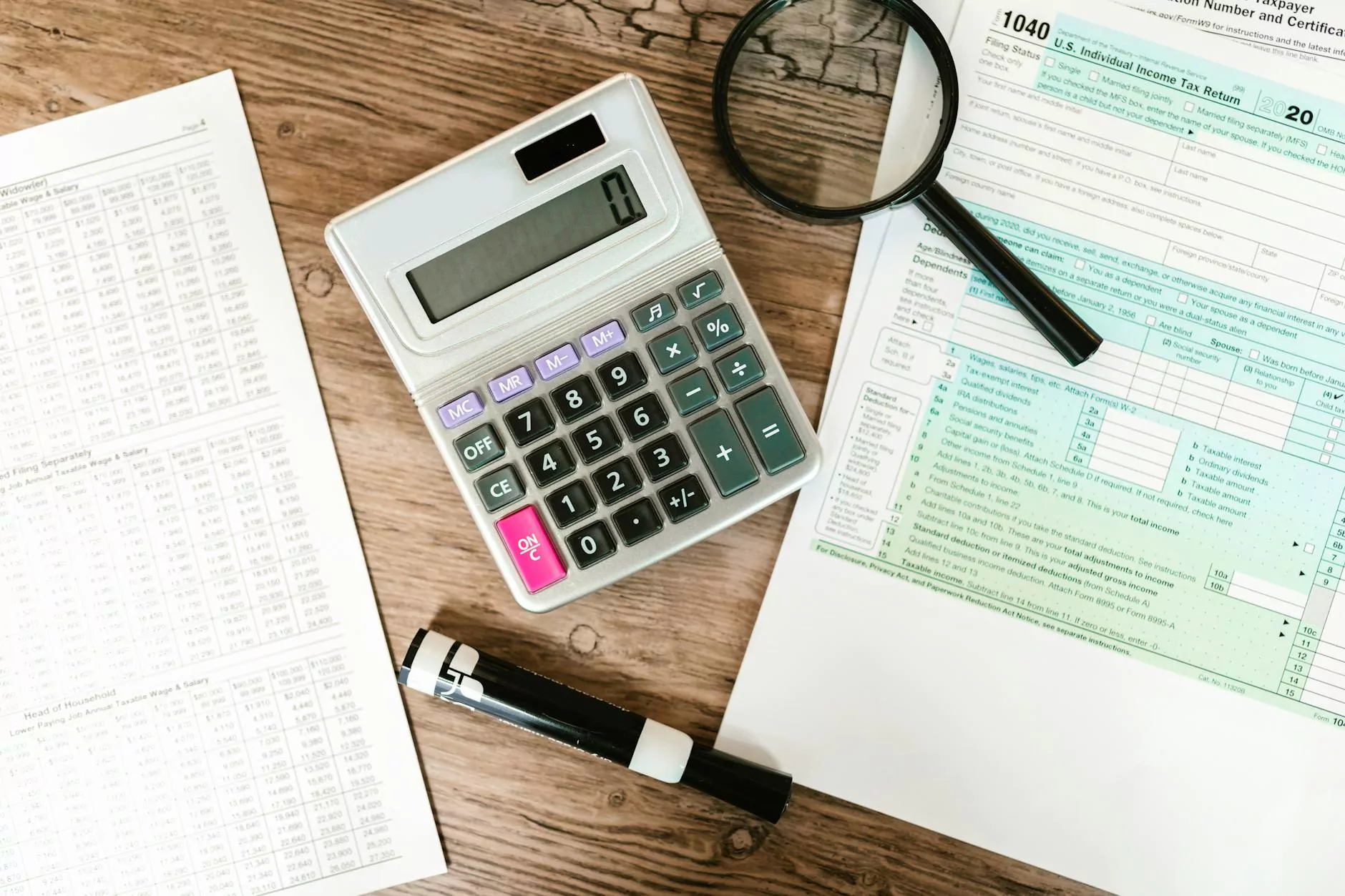Understanding the Use and Demand for Fake Documents

In modern society, the term "fake documents" often conjures images of deception, illicit activities, and the dark underbelly of bureaucracy. However, in a digital age rife with identity verification and legal paperwork, understanding the context and implications of such documents is crucial for both individuals and businesses.
The Phenomenon of Fake Documents
It's essential to grasp the phenomenon behind fake documents. They can be defined as documents that are designed to mislead or provide fraudulent information, often pertaining to identity verification, legal statuses, and credentials. From counterfeiting diplomas to fraudulent driving licenses, these documents can serve various purposes:
- Identity Verification: Individuals may seek fake documents to bypass strict identity checks.
- Credentialing: Some use fake educational documents to gain unfair advantages in employment.
- Legal Loopholes: Unscrupulous individuals might create fake legal documents to exploit legal systems.
Why Do People Seek Fake Documents?
Understanding the motivations behind seeking fake documents is crucial. Here are some common reasons:
- Desperation: Individuals facing dire situations may resort to forgery as a last-ditch effort to bypass obstacles.
- Financial Gain: Some may believe that acquiring fake documents will lead to better job opportunities or financial security.
- Privacy and Security Concerns: Individuals may wish to hide their true identity for various legitimate reasons.
Legal Implications of Fake Documents
The consequences of creating, using, or distributing fake documents can be severe. Legal ramifications vary by jurisdiction but commonly include:
- Criminal Charges: Forgery and fraud are criminal offenses that can lead to significant prison sentences and fines.
- Civil Suits: Victims of fraud can pursue civil actions against those who created or supplied fake documents.
- Reputation Damage: Being associated with fake documents can tarnish personal and professional reputations.
How to Navigate the World of Fake Documents
For individuals and businesses, understanding how to navigate the landscape of fake documents is essential. Here are some strategies:
1. Verification Technologies
Utilizing advanced verification technologies is crucial for businesses. Companies must invest in reliable systems that can identify authentic documents. These technologies may include:
- Document Scanning: Use scanners that can detect inconsistencies in scanned documents.
- Biometric Verification: Implement biometric systems that require fingerprints or facial recognition.
- Blockchain Technology: Explore blockchain for secure and immutable record-keeping.
2. Educate Employees
Training employees to recognize potentially fake documents is vital. Regular workshops focusing on:
- Document Signs of Forgery: Teach them to look for discrepancies in format, language, and materials.
- Legal Frameworks: Make them aware of the legal implications of accepting fraudulent documents.
- Reporting Protocols: Establish clear lines of reporting when fake documents are suspected.
3. Foster a Culture of Integrity
Creating a workplace culture that emphasizes integrity can deter individuals from resorting to fake documents as a solution. Encouragement can be provided through:
- Incentives for Transparency: Reward employees who demonstrate honesty in their dealings.
- Support for Employees: Provide resources for employees who may be struggling with legal or financial issues.
How to Obtain Genuine Documents
For those in need of legitimate, authentic documentation, it’s essential to understand where to turn. Businesses like genuinedrivinglicense.com provide avenues to acquire essential documents legally. They focus on:
- Driving Licenses: Facilitate the process of obtaining a legitimate driving license through proper channels.
- Real Documents: Ensure that all documents issued meet legal standards and regulations.
- Guidance and Support: Offer support in navigating the bureaucratic challenges often faced when applying for documents.
The Importance of Authenticity in Business Documentation
In the business world, authenticity cannot be overstated. Companies thrive on trust, and the use of fake documents can lead to a rapid decline in reputation and client trust. Here’s why businesses should prioritize authenticity:
- Legal Compliance: Operating within legal frameworks ensures long-term sustainability and avoids penalties.
- Client Trust: Clients are more likely to engage with businesses that maintain transparency and integrity.
- Value Proposition: Authenticity adds value to your brand and can be a differentiating factor in competitive markets.
Conclusion: The Future of Documentation in a Digital Age
As technology evolves, so does the landscape of documentation. The challenge posed by fake documents will likely intensify, but with proactive measures and a commitment to authenticity, individuals and businesses can navigate these waters successfully. Moving forward, it is crucial for everyone to prioritize integrity and legality in their dealings. The importance of obtaining real, genuine documents should never be underestimated, as they play a vital role in establishing trust and credibility in our increasingly interconnected world.
For those seeking legitimate documentation services, consider exploring genuinedrivinglicense.com, where honesty and integrity guide every transaction. By staying informed and proactive, both individuals and organizations can create a landscape that deters deception and promotes authentic interactions.



